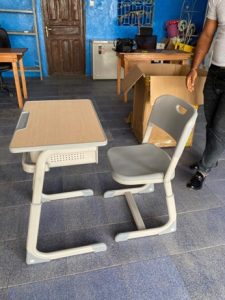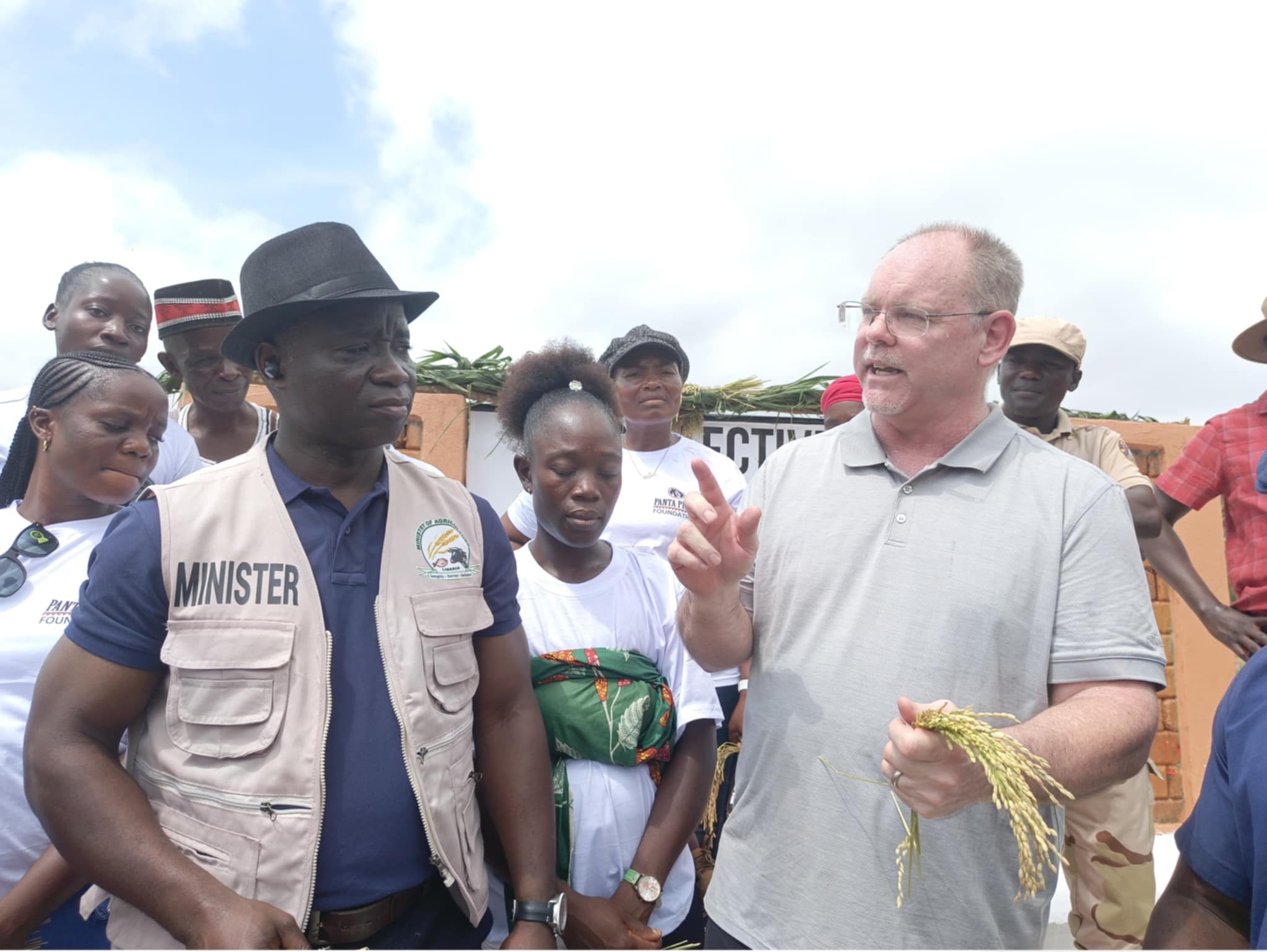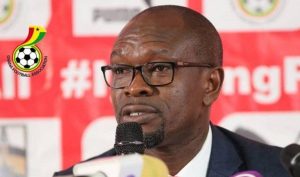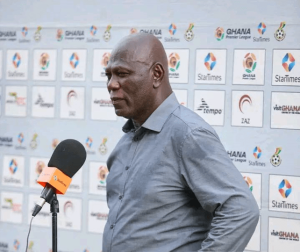10,000 Mpox Vaccine Doses on the Way to Liberia


MONROVIA, Liberia – Liberia is set to receive 10,000 doses of the mpox vaccine to help protect the country from the outbreak which has claimed at least 1,000 lives worldwide, according to the World Health Organization (W.H.O).
By Gloria Wleh with New Narratives
Public health authorities have confirmed that none of the cases in the country is the more deadly clade 1 strain of the virus that has a death rate as high as one in ten of those infected and prompted the WHO to issue a global health emergency alert. But they warn it is only a matter of time before the strain arrives.
Vaccinating those at most risk, including health workers, will be key to protecting the country, according to Dr. Dougbeh Nyan, Director General of the National Public Health Institute of Liberia (NPHIL).
“The request was accepted, and Liberia was given ten thousand plus of the MVA-BN doses,” said Dr. Nyan, in an exclusive interview.
The vaccines have not yet arrived in the country. The Health Ministry is now tasked with transporting the donations from the donor and processing in the country, Dr. Yuah Nemah, Program Manager of the Expanded Programme on Immunization of the health ministry said.
The health ministry did not respond to a request for comment on who will receive the vaccines, but experts say it is likely to be frontline medical staff who are most likely to come into contact with the virus.
Liberia is not paying a cent for the doses. They are being donated by the United States, European Union, Canada, Spain, Gavi, UNICEF and Japan among others. The head of NPHIL said it will also not be sold when it is gotten. “The vaccines will be free when they are in country,” Dr. Nyan said. The public health boss also said his team will raise awareness about the vaccine when they come.
The Modified Vaccinia Ankara-Bavarian Nordic (MVA-BN) is a so-called “non-replicating” vaccine (meaning an inactive amount of the virus is given to boost the body’s immunity but that virus cannot spread to another vaccinated person). It is one of a few approved mpox vaccines and is manufactured by Bavarian Nordic A/S, a pharmaceutical company headquartered in Denmark.
In a joint press statement issued on November 5, the W.H.O., Africa CDC, and other partners said they had approved 899,000 mpox vaccines to 9 African countries, including Uganda, South Africa, Rwanda, Nigeria, Liberia, Kenya, the Democratic Republic of Congo (DRC), Cote d’Ivoire and the Central African Republic (CAR). 85% of these doses are going to the DRC which is the epicenter of the outbreak.
This allocation was done by the Access and Allocation Mechanism (AAM), a collaborative effort established by the W.H.O., and its partners to ensure that limited mpox vaccines, treatments, and diagnostic tests are distributed fairly, and effectively to people at the higher risk. This is an initial donation of the over 5.85 million doses which are expected to be allocated before the end of the year.
“The AAM has allocated initial 1.85 million doses donations of MVA-BN from the European Union, United States, and Canada,” the statement is quoted as saying. “500,000 doses of MVA-BN from Gavi utilizing the First Response Fund, 500,000 doses procured through UNICEF, as well as a further 3 million doses of LC16 vaccine from Japan.”
Africa’s limited capacity to produce vaccines has once again proved a barrier to quick protection from the outbreak. Ninety-nine percent of all the vaccines Africa uses are not produced on the continent and must be donated by international partners, the Africa CDC said. The Africa CDC, and the W.H.O. have offered support to 17 African countries, including Liberia, to develop an mpox vaccination plan.
Since the W.H.O. announcement of the disease as a global health emergency of international concern in mid-August this year, a series of medical countermeasures to combat the sickness have been put in place by the public health authority in Liberia.
The vaccines may bring some relief to frontline health workers who have expressed frustration with what they say was a lack of support from the Ministry of Health as the combat yet another disease outbreak. The vaccines will not address the critical shortage of basic protective equipment like gloves and buckets that they say is essential to doing their job.
Dr. Nyan disclosed that the Health Institute has not received a dime from the US$380,000 that was allocated to start the mpox fight in the 2024 recast budget. He said they have been skillful in utilizing their existing funding and have relied on help from international partners.
“My team and I are not discouraged by not having adequate access to resources that we need,” said Dr. Nyan. “We are not backing down. We will continue to mount our response. We will continue to increase our efforts in the face of limited resources.”

Liberia has had a limited number of cases so far. Since January this year, a total of 41 cases have been recorded. To date, 19 patients have recovered, 22 tested positive and placed under isolation or home-based care, and no deaths.
Also, as of November 14, 2024, there are 12 new confirmed cases in 5 counties. 4 from Nimba, 4 Lofa, Grand Bassa 1, Margibi 1 and Sinoe 2.
This story is a collaboration with New Narratives as part of the West Africa Justice Reporting Project. Funding was provided by the Swedish Embassy in Liberia which had no say in the story’s content.
The post 10,000 Mpox Vaccine Doses on the Way to Liberia appeared first on FrontPageAfrica.








